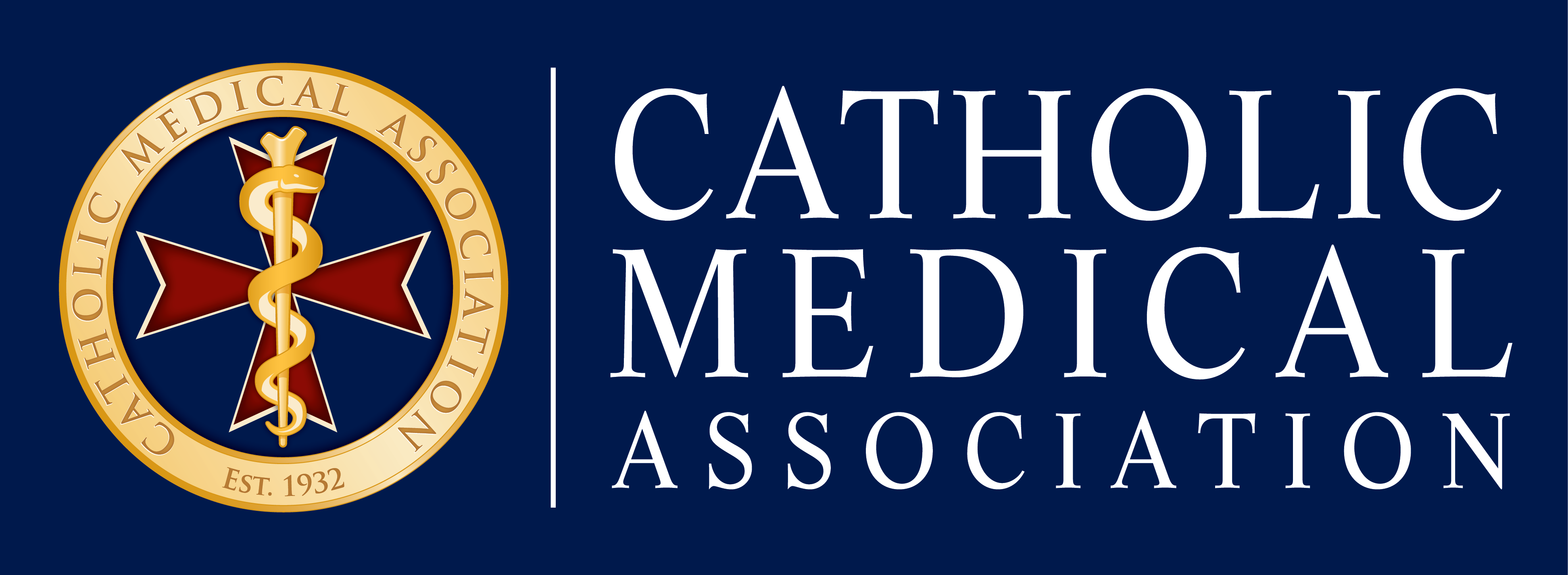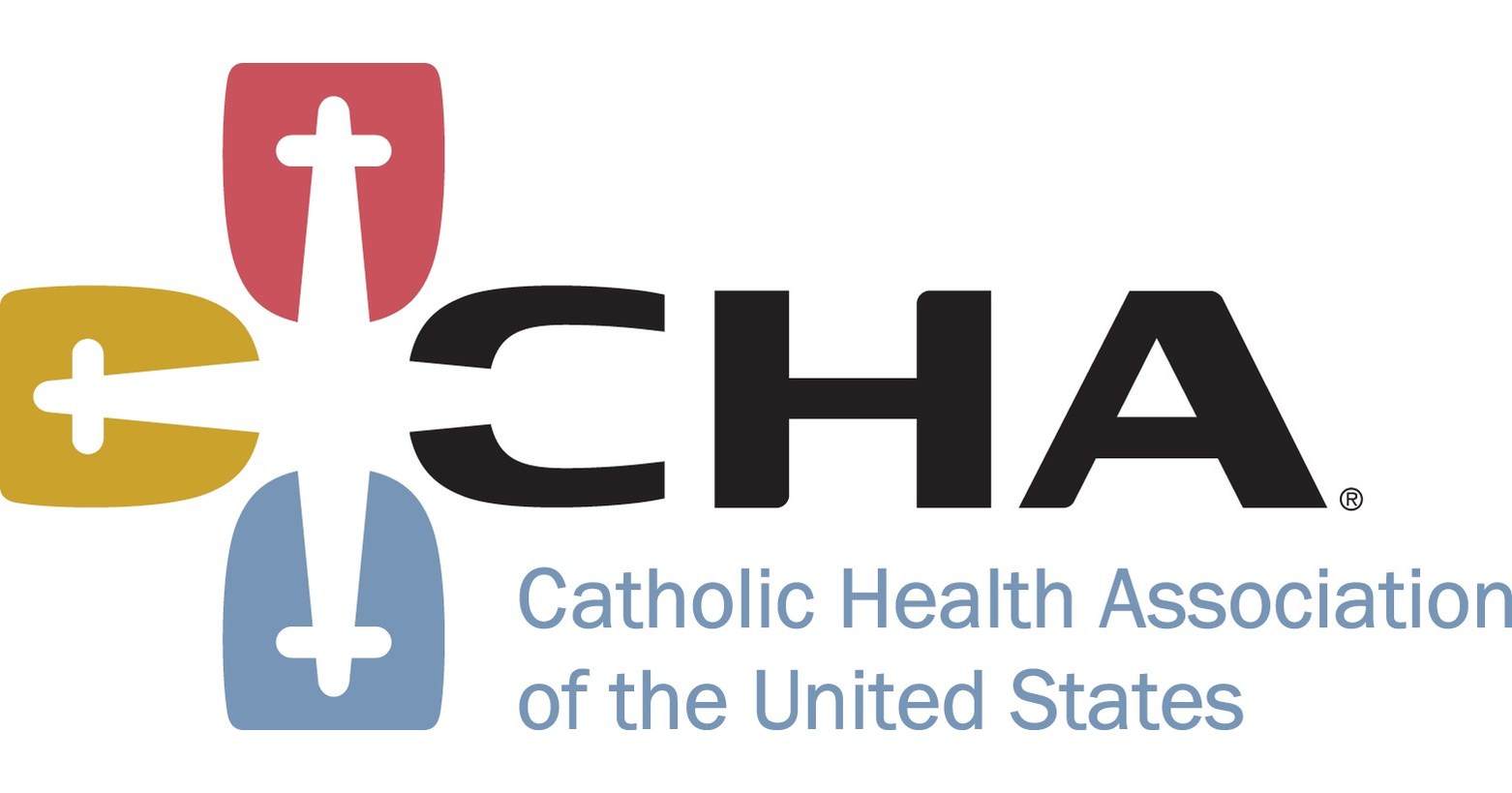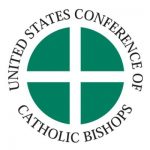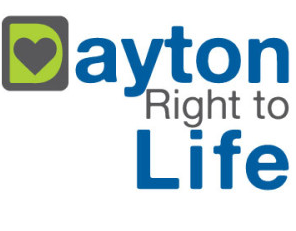Home > Offices > Respect Life Ministries > Respect Life Issues > End of Life
End of Life
“[We] have only a short time to live…We can act as if we are to live forever and be surprised when we don’t, but we can also live with the joyful anticipation that our greatest desire to live our lives for others can be fulfilled in the way we choose to die. When it is a death in which we lay down our life in freedom, we and all we love will discover how much we have to give.” ~ Henri Nouwen, Life of the Beloved
Humans naturally fear death. It seems a permanent end to a relationship we cherish. However, as faithful Catholics, we trust that death is not an end, but a step in our journey to life with the Creator. The call of a faithful Catholic concerning a holy death is two-fold. We must prepare for our own deaths as well as insure that those around us are able to die with grace and peace. Understanding Church teaching in regards to death and dying helps us to approach this final stage of mortal life with confidence that it too is a response to grace. We hope that the resources below guide you as you prepare for the natural end of mortal life.
Check out our Being Pro Life Episode: Medical Ethics and the Terri Schaivo Case. Click the video or one of the icons to the left to watch, listen, and read.
General Information

Advance Directives
The Catholic Church fully supports the use of Living Wills, Health Care Powers of Attorney, and Do Not Resuscitate Orders under proper conditions. For further questions, please contact the Office for Respect Life Ministries at (513)263-6674 or [email protected].
A Living Will is a document that allows you to establish, in advance, the type of medical care you would want to receive if you were to become permanently unconscious, or if you were to become terminally ill and unable to tell your physician or family what kind of life-sustaining treatments you want to receive. In addition, the latest edition of the Living Will allows you to specify your wishes regarding anatomical gifts (organ and tissue donation).
A Living Will is used only in situations where you are unable to tell your physician what kind of health care services you want to receive. Before your Living Will goes into effect, you either must be:
- terminally ill (see definition as described in the Living Will Declaration Form) and unable to tell your physician your wishes regarding health-care services;
OR
- permanently unconscious. To be considered permanently unconscious, two physicians one of whom must be a medical specialist in an appropriate field) must decide that you have no reasonable possibility of regaining consciousness.
For a printable version of additional documents in line with Catholic Church teaching, CLICK HERE. These documents have been made available for your use by the Greater Columbus Right to Life.
In the even you are incapacitated, a Health Care Power of Attorney form gives another person the authority to authorize or refuse medical treatment for you on your behalf.
For a step by step guide to filling out a Health Care Power of Attorney form in the state of Ohio, CLICK HERE.
Ohio’s Do-Not-Resuscitate (DNR) Law gives individuals the opportunity to exercise their right to limit care received in emergency situations in special circumstances. “Special circumstances” include care received from emergency personnel when 911 is dialed. The law authorizes a physician to write an order letting health care personnel know that a patient does not wish to be resuscitated in the event of a cardiac arrest (no palpable pulse) or respiratory arrest (no spontaneous respirations or the presence of labored breathing at end of life).
For a guide to filling out your DNR order, CLICK HERE.
Most frequent questions and answers
“Ordinary means” are forms of treatment or care that in the judgment of the patient offer a reasonable hope of benefit and do not entail an excessive burden or impose excessive expense on the family or the community (sometimes you will see “ordinary means” referred to as “proportionate means”). Out of deep respect for the gift of life, we must always accept ordinary means of preserving life, and others must provide us with ordinary means of preserving life. Ordinary means of medical treatment or care are morally obligatory. From a Catholic perspective, this includes various forms of care that may be judged ordinary for a particular patient even when death is near.
But Catholics are not bound to prolong the dying process by using every medical treatment available. Allowing natural death to occur is not the same as killing a patient. Some forms of treatment or care may be considered “extraordinary” (also known as “disproportionate”) means. These are things that in the patient’s judgment do not offer a reasonable hope of benefit or that entail an excessive burden or impose excessive expense on the family or the community. Catholics are not morally bound to use “extraordinary means” of medical care.
- All reasonable information about the essential nature of the proposed treatment or care and its benefits
- The risks, side effects, and costs
- Any reasonable and morally-legitimate alternatives, including the option to decline the particular treatment
- How painful or complicated the treatment or care is
- The likelihood that the treatment or care will maintain or enhance the life of the patient
- Whether the treatment or care will entail an excessive burden or impose an excessive expense on the family or the community
Another question that often comes up is whether there is a moral requirement that food and water in the form of medically assisted nutrition and hydration (“MANH”) through a feeding tube must be used in all circumstances when a person cannot swallow. Sometimes, there is a suggestion that this medically-assisted nutrition and hydration should be stopped in order to bring about a person’s death because the person is permanently unconscious. The person may be in a condition that appears to be irreversible, such as a condition known as a “persistent vegetative state” (PVS). From a Catholic perspective, food and water are two of the most basic forms of care that we can provide to anyone, especially to someone who is sick.
When MANH is considered in general and apart from the particular circumstances of patients, there is in principle an obligation to use MANH. This general obligation needs to be assessed in the particular circumstances of each patient. If MANH has a reasonable hope of benefit for a person and will not pose an excessive burden, then there is an obligation to use it. This assessment applies equally to the person in a PVS. If MANH has a reasonable hope of sustaining the PVS patient and does not pose an excessive burden, then simply being permanently unconscious cannot by itself be a reason to withdraw or withhold MANH. Even the most severely debilitated patients never lose their full dignity as human beings.
Church Documents
“Death is transformed by Christ. Jesus, the Son of God, also himself suffered the death that is part of the human condition. Yet, despite his anguish as he faced death, he accepted it in an act of complete and free submission to his Father’s will. The obedience of Jesus has transformed the curse of death into a blessing.” ~ Catechism of the Catholic Church, 1009

“Health care in the United States is marked by extraordinary change. Not only is there continuing change in clinical practice due to technological advances, but the health care system in the United States is being challenged by both institutional and social factors as well… A contemporary understanding of the Catholic health care ministry must take into account the new challenges presented by transitions both in the Church and in American society.”
Organizations & Webpages
Below are organizations, along with their webpages, that serve as wonderful resources for parishes, families and individuals who would like to learn more about the topic of palliative care from the perspective of the Catholic Church.
The Catholic Medical Association, the United States’ largest association of Catholic individuals in health care, exists to advance and uphold a Catholic vision of the dignity of every human person, including persons with serious and life-threatening illness, through the science and practice of medicine.
Catholic Health Association of the United States
Catholic health care is a ministry of the Catholic Church continuing Jesus’ mission of love and healing in the world today. Comprised of more than 600 hospitals and 1,600 long-term care and other health facilities in all 50 states, the Catholic health ministry is the largest group of nonprofit health care providers in the nation. At the national level, these organizations join together in the Catholic Health Association of the United States. In CHA, the ministry raises a collective passionate voice for compassionate care. This website contains a number of useful webinars for both professionals and caregivers.
This website is designed to offer Catholics moral clarity and guidance on the Church’s teachings regarding end-of-life decision making. Illness and aging, coupled with rapid advances in medical technology, can lead to heightened anxiety when health care decisions must be made. We hope that this site will help you to navigate the end-of-life questions and challenges that you and/or your loved ones face, and bring peace to a stressful situation. It provides links to trustworthy resources, guidance, and support from Catholic sources all across the country.
Media Resources
In our media-driven world, it is imperative to use media resources to work to spread the Gospel of Life. Below are a variety of media resources that address palliative care.
Articles & Podcasts
“Discussing your own death can be difficult, even with those we love. Still, having this conversation while you can, is one of the greatest gifts you can give your loved ones. It is suffering enough to watch a loved one die. Why add to that suffering by passively forcing your loved ones to make difficult medical decisions without knowing your wishes?”
Archbishop Naumann interviews MC Sullivan, Chief Health Care Ethicist and Director for Initiative on Palliative Care and Advanced Care Planning for the Archdiocese of Boston. They discuss: the value of palliative care, advanced care planning, and the threat of physician assisted suicide in this podcast episode.
“Palliative care is a relatively new medical specialty, and more must be done to ensure patients and providers understand its benefits and that an adequate, appropriately trained workforce is available to provide the pain and symptom management, intensive communication and level of care coordination that addresses the episodic and long-term nature of serious and complex chronic illness.”
Videos & Movies
An excellent way to help people to understand an issue is to present them with a story. The below webinars, videos, and documentaries are great resources for discussion on the topic of palliative care.
The Archdiocese of Boston has some fantastic webinars on their website complete with accompanying materials. The webinar to the left can be found HERE. They also have a video series entitles The Catholic Approach to Palliative CareA
There are an estimated sixty-five million family caregivers in the United States today, a silent army of people who struggle with stress, guilt, and spiritual depletion. How do we, as the Church, minister to these caregivers? What can we do to address their struggles, which include losses in relationships, loneliness, and crises of faith? In this webinar, Deb Kelsey-Davis and Kelly Johnson, cofounders of Nourish for Caregivers, will help you learn how supporting caregivers strengthens families and our parishes and extends Christ’s love to the community.
CLICK HERE for the accompanying book.
Printable Resources
These resources include some Advanced Healthcare Directives that promote a consistent ethic of life. You can download and print all of the resources for your own personal use.
Title Description Hits Date added Download 24 Questions You Should Ask your Hospice 1272 10-21-2020 DownloadPreview Advanced Directives- Expressing Your Healthcare Wishes 1459 10-21-2020 DownloadPreview Ethical and Religious Directives for Catholic Health Care Services 1514 10-21-2020 DownloadPreview Ethics and Aging 1285 10-21-2020 DownloadPreview Examining Diverse Perspectives of Catholic on Advance Care Planning Palliative Care and End of Life Care 1329 10-21-2020 DownloadPreview Human Dignity in the Vegetative State 1737 10-23-2020 DownloadPreview Killing the Pain, Not the Patient 1220 10-21-2020 DownloadPreview Nutrition and Hydration in a Vegetative State 1960 10-23-2020 DownloadPreview Position Paper of the Abrahamic Monotheistic Religions on Matters Concerning the End of Life 1261 10-21-2020 DownloadPreview Take Care of Loved Ones at the End of Our Lives 1309 10-23-2020 DownloadPreview
Get Involved
To support those who are critically ill in our community, it is essential for those who feel called to get involved. Whether that is through working towards advocacy, awareness, service or prayer. Below are a list of ways to get involved.
Advocacy & Awareness
In order to foster a better awareness of care and support for our brothers and sisters in Christ who are at the end of life, there are a number of things that we can do to promote a culture of care and support in our parishes.
Chrism Mass
Cincinnati, OH 45202 United States
Join Archbishop Casey and the priests and faithful of the Archdiocese of Cincinnati for the annual Chrism Mass, celebrated on Holy Tuesday, March 31st at 4pm at the Cathedral Basilica […]
Find out more »Dayton Right to Life provides seminars regarding assisted suicide, euthanasia, and end of life issues. The first seminar entitled “Now and at The Hour of Our Death” is a panel discussion that includes an attorney, nurse, and a Dayton Right to Life staff person that offers information on healthcare power of attorney forms, questions to ask your doctor or Hospice provider, and how to prepare for medical emergencies and serious illness.
The second seminar entitled “What’s So Wrong with Assisted Suicide” is an educational seminar focusing on assisted suicide, euthanasia, and basic Church teaching on end of life topics.
If you are interested in booking one of these seminars for your parish or group, contact Margie Christie at (937) 461-3625 or [email protected].
Prayer
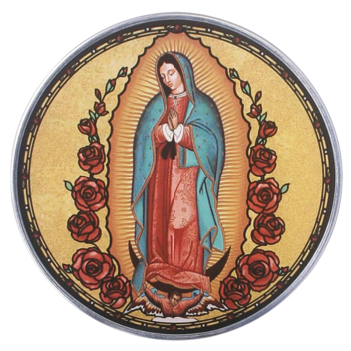
HEALER OF SOULS AND COMFORTER OF THE WEARY, HELP TO LIGHTEN THE BURDEN OF FAMILIES WHO ARE CARING FOR THEIR SICK LOVED ONES.
Accompany them on their journey and ease their anxiety and fears. Surround them with the love and strength of others, so they may experience the healing presence of the communion of saints. We ask this through the intercession of Our Lady of Lourdes and in the name of your Son, Jesus and the Holy Spirit, now and forever. AMEN.
Service


